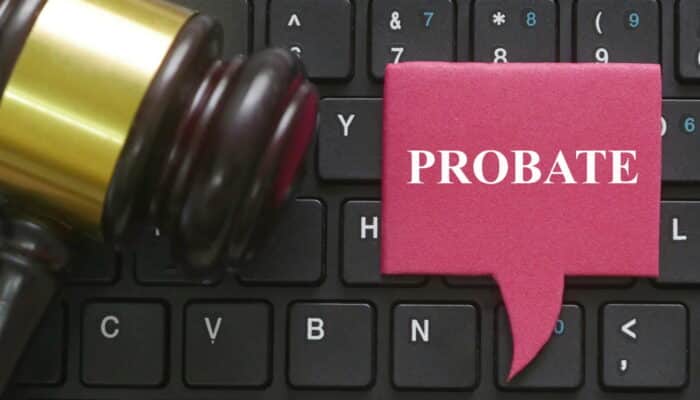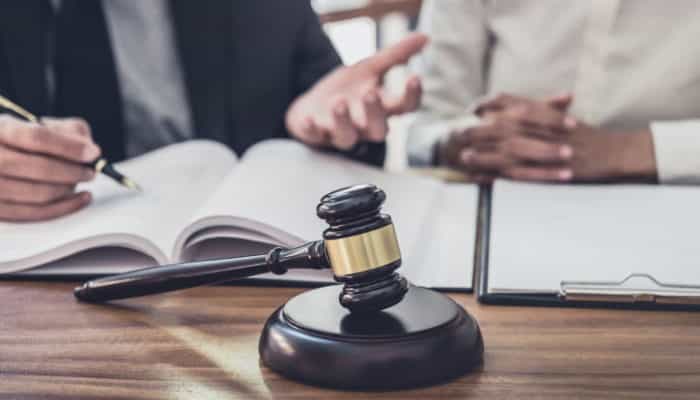According to the 2021 National Retail Security Survey, retailers in the state of Florida pointed out the growing list of threats to their companies. When questioned on what areas of threats have increased the most over the last five years, mall or store violence, cyber-related incidents, and organized retail crime were at the top of the list. Organized retail crime was at 64% for its potential risks to stores.
In response to the foregoing threat, last year, Gov. Ron DeSantis signed the new SB 1534 against retail crime in the state. The bill was signed and passed on June 17th, 2022. Under the title “Retail Theft”, the subject bill 1534 stated that it prohibited certain retail theft at multiple locations within a specified timeframe and provided new and enhanced criminal penalties for individuals who commit organized retail crimes.
The foregoing law took aim at the rise of retail theft in this state. Florida Attorney General Ashley Moody stated that the measure was designated to crack down on what she called “organized retail crime.”
Regardless of such law, Organized Retail Crime (ORC) is generally on the rise in the United States, and it is impacting inflation, store employees, and customers alike.
Consequently, what is retail crime and how does it impact inflation? What should an individual do if they are injured at a store, either directly or indirectly, due to organized retail crime?
Organized retail crime (ORC) refers to professional shoplifting or other theft happening in retail stores. Far beyond a teenager placing unpaid candy into their pocket, ORC often involves multiple people grabbing thousands of dollars’ worth of merchandise and walking out of the store with it, then selling the products online, on a street corner, from the back of a van, etc.
While retailers certainly do not care for the financial losses incurred, the more significant problems are increasing brazenness and aggressiveness. In a recent survey, 86.2% of retailers said an ORC subject had verbally threatened an associate; 75.9% said an ORC subject had physically assaulted an associate, and 41% said an ORC subject had used a weapon to harm an associate.
If an individual has been injured due to an ORC, contact an experienced and compassionate retail crime victim rights lawyer.
All “shrink”, i.e., the retail term for inventory losses from theft, fraud, and paperwork errors, is on the rise, increasing from 1.4% to 1.6% of sales on average from 2015 to 2020. However, the estimated portion of those losses coming from organized retail crime is also dramatically increasing from 0.045% to 0.07% in the same timeframe.
While “shrink” is a normal or routine part of the bottom line, the increase in organized retail crime is pressuring retailers to invest in new technology and additional security while at the same time making it even more difficult to hire and retain employees. When all these factors combine, increased product prices are a natural result.
Working retail was already one of the most dangerous occupations as far as nonfatal injuries even before the COVID-19 pandemic hit. An increased risk of being attacked during the commission of a retail crime is an additional factor in a very long list of reasons it is difficult for stores to retain employees.
ORC affects customers in a number of ways:
- High employee turnover results in poorer customer service;
- Measures to prevent theft, like having products locked up, can make shopping disagreeable;
- High rates of retail crime can lead to increased prices being passed on to consumers; and
- Companies may spend too much time and money on loss prevention and become negligent in other ways that may lead to accidents and injuries.
A person may be able to get compensation for their injuries if they can prove the store was negligent and should have been able to prevent the attack which caused said injuries. For example, if an individual works for a store and were not properly trained on how to approach potential shoplifters, and thereafter a person was injured when a possible criminal shoved them out of their way so they could escape with stolen merchandise, the employer may be held liable for the subject injuries (beyond what worker’s compensation may cover).
Retail stores have a duty of care to protect every person who legitimately comes onto their premises, including: Customers, Employees, Delivery people, Contractors, Wholesalers and anyone conducting business with the store.
If the stores failed to take reasonable steps to keep one safe on the property and their negligence led to said victim being injured, they may be able to get compensation from the company to pay for their physical, financial, and emotional injuries.
If one gets injured as a result of an organized retail crime whether the criminals hurt them directly or whether they were hurt elsewhere in the store while the staff was busy trying to prevent ORC, then said victim should take the following steps to increase their chances of receiving compensation for their injuries from the store.
If the injuries are serious, one should seek immediate medical attention. Even if the injuries seem minor, such as scrapes and bruises, going to see a doctor provides a paper trail to prove later on that said individual was injured at the store. Further, said injuries may also be worse than one initially suspects, therefore, it is best to get examined.
If one was attacked or another crime was committed, one should file a police incident report. Not only does this give law enforcement an opportunity to find the person or people who assaulted them, but it is yet another important part of the paper trail that may help a victim later on.
Take pictures or videos of the area around where the incident occurred to search for evidence that may show the company or store was negligent. Get the names and contact information of any witnesses who saw what happened. Also, keep any torn or bloody clothing (or other evidence of injuries), unless the police ask for it.
An experienced retail crime victim attorney will know whether the subject victim can pursue compensation for their injuries and can assist in obtaining a maximum recovery for the claim. Rather than accepting whatever money the store’s insurance company may try to initially offer, contact an experienced attorney first to discuss the case.
If a person living in or visiting Florida is injured during a retail crime, contact a crime victim rights lawyer for a consultation. Even if shopping malls, large retailers, or mom-and-pop shops are experiencing more retail crime, they still owe a duty of care to keep their patrons or customers safe on their property and may owe them compensation for any injuries sustained if the store neglected that duty.
The foregoing is just a brief and general overview of the subject of organized retail crime.
If you have any additional Questions regarding the foregoing or have any legal issue or concern, please contact the law firm of CASERTA & SPIRITI in Miami Lakes, Florida.










